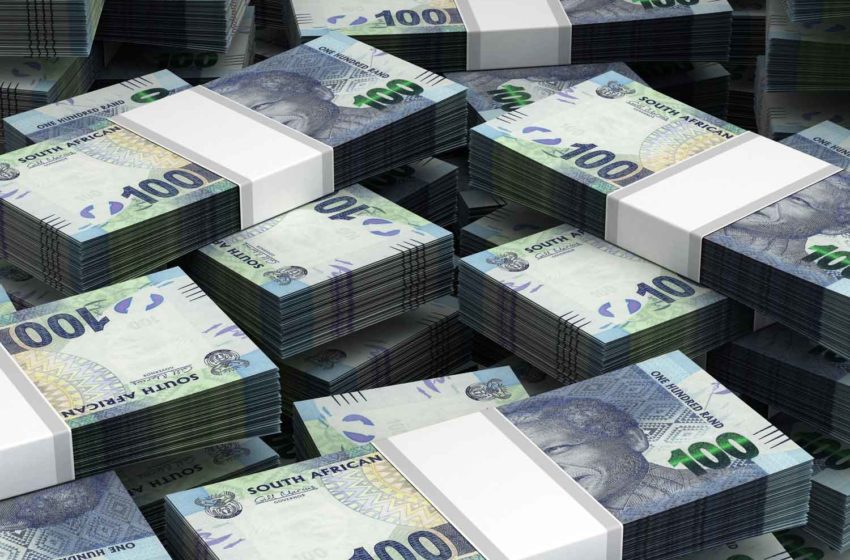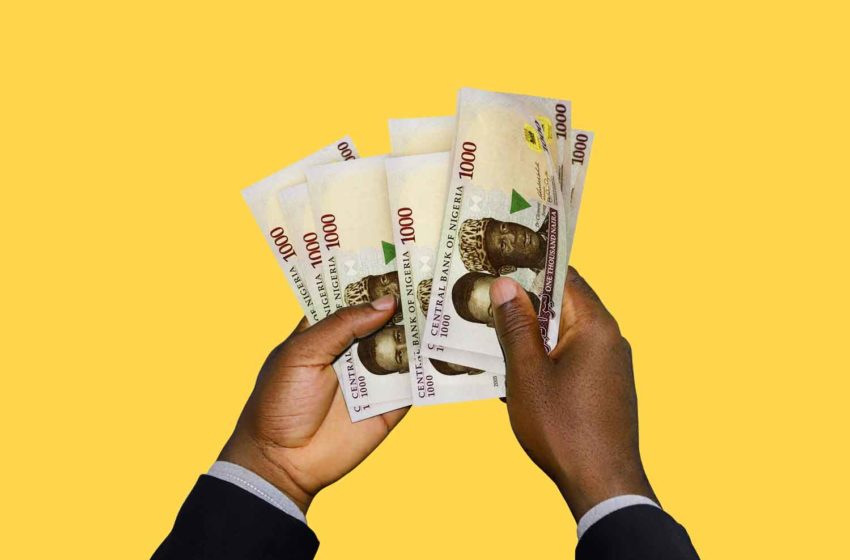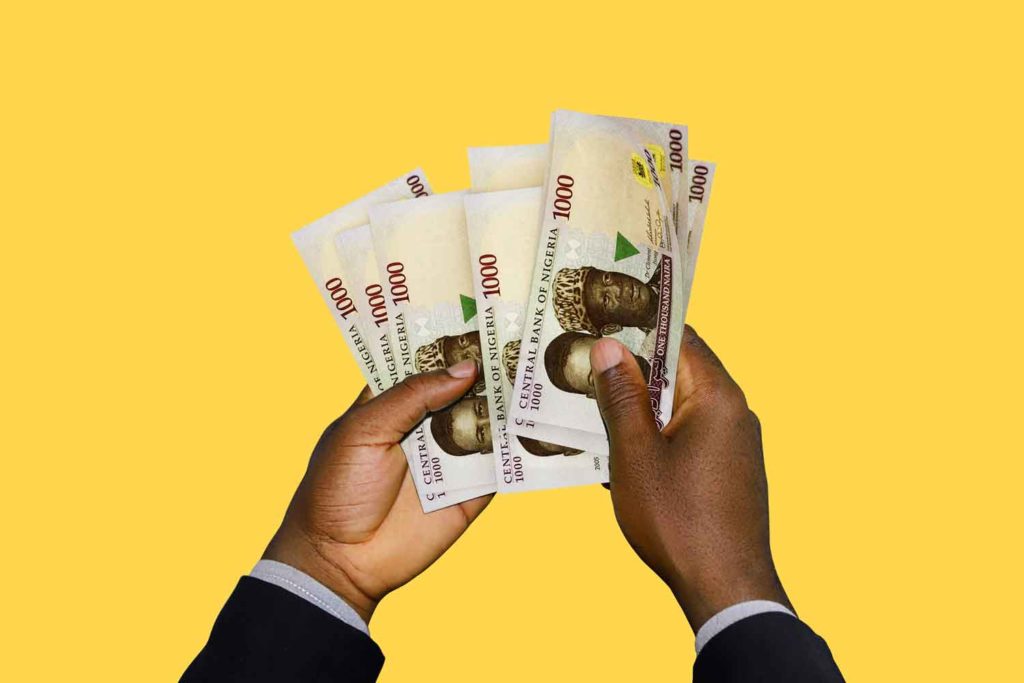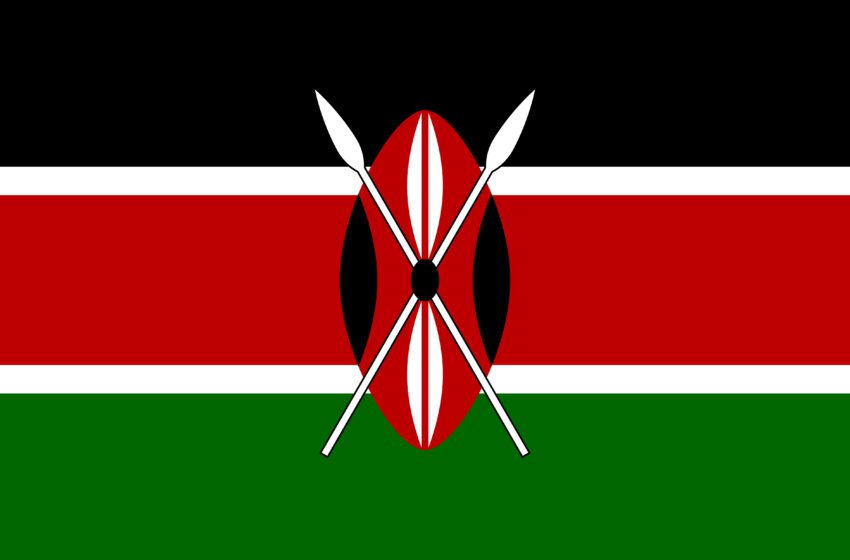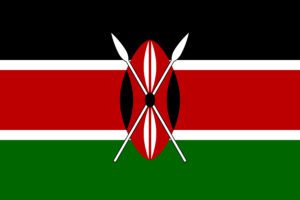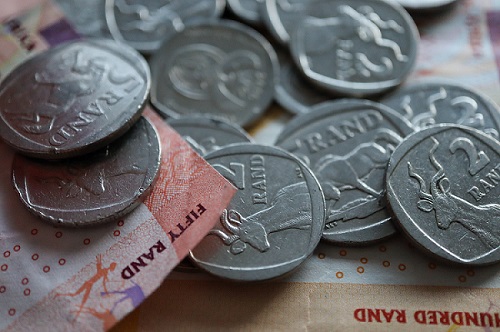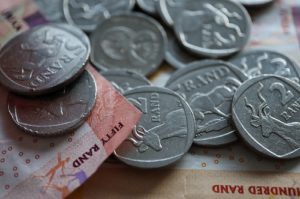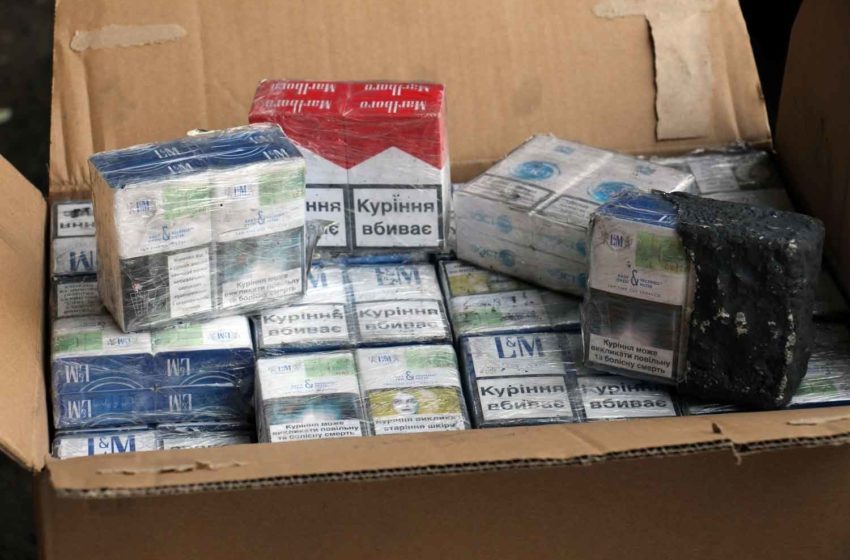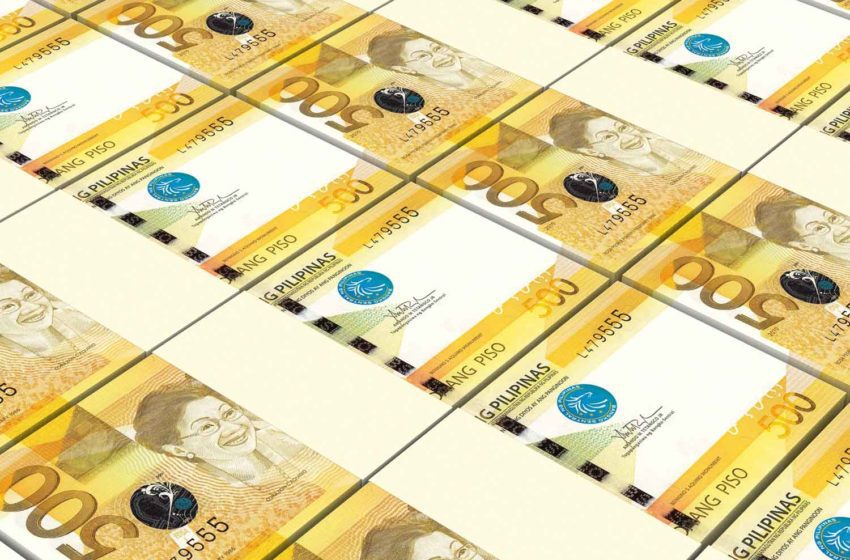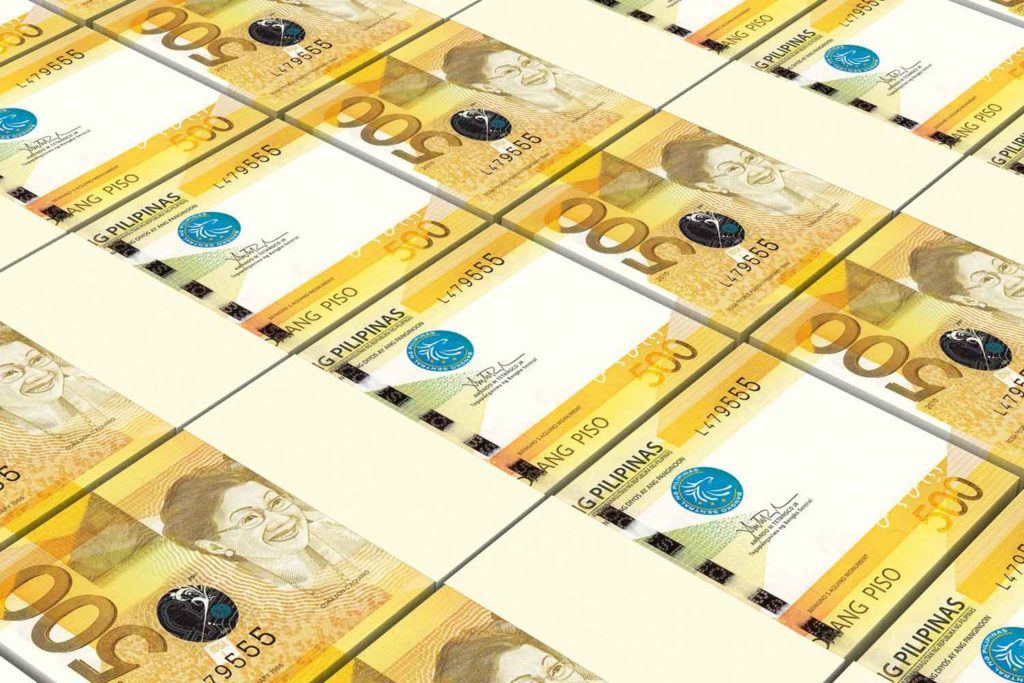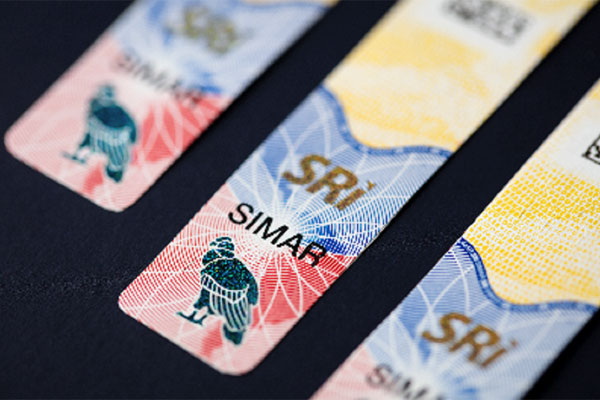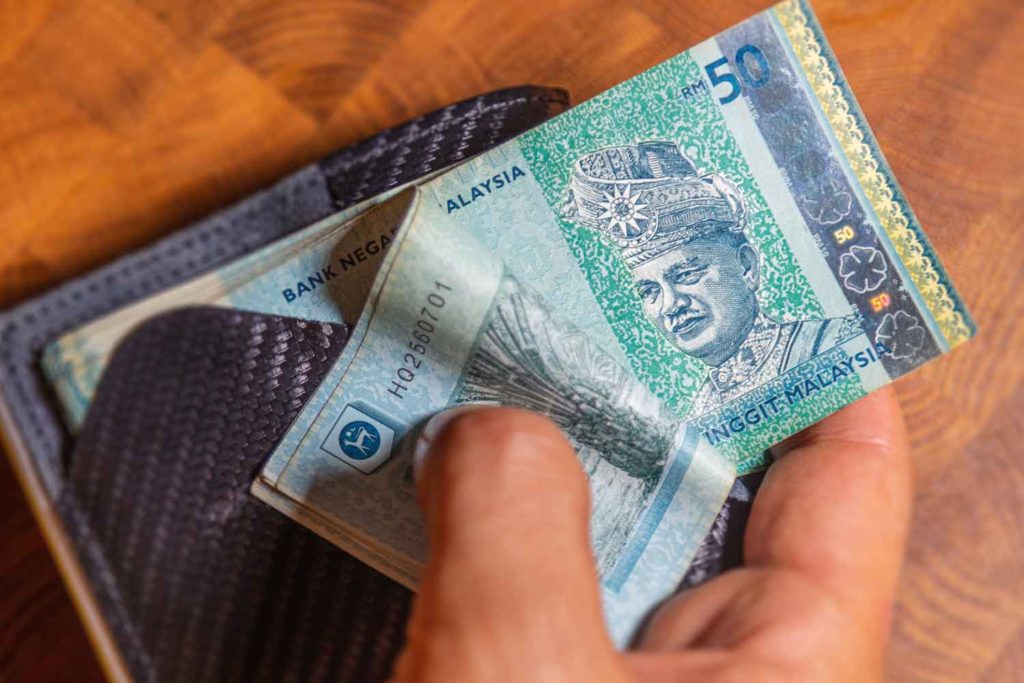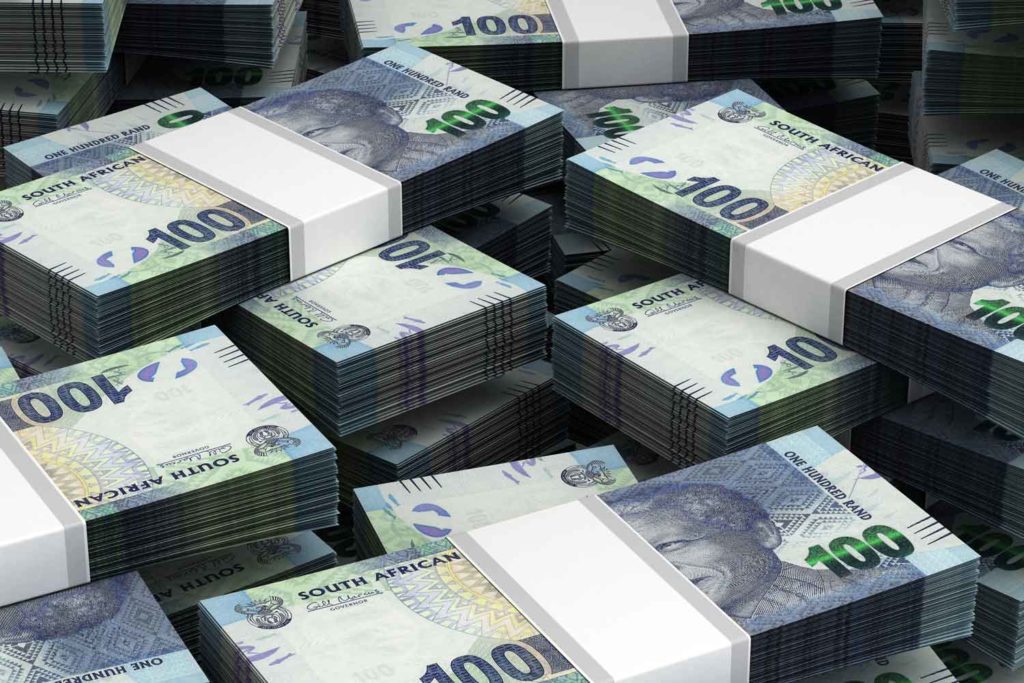
The National Treasury and South African Revenue Service (SARS) is standing by its e-cigarette tax proposals despite protests from businesses, reports Businesstech.
Speaking to the parliamentary standing committee on finance this week, the National Treasury and SARS responded to comments by businesses regarding changes proposed under both the Draft Tax Administration Amendment Bill and the Taxation Laws Amendment Bill.
The National Treasury wants to apply an average excise rate for e-cigarettes of ZAR2.91 ($0.16) per milliliter and apportioned in a ratio of 70:30 between nicotine and non-nicotine elements.
Vapor companies said that considering South African consumers’ purchasing power, a ZAR0.70 duty per milliliter is more than appropriate.
The industry also cautioned that excise duty on vaping products would affect the trade of legitimate tax-paying vendors, drive job losses in the sector and drive consumers to more harmful combustible cigarettes.
The National Treasury countered that the tax is necessary and legitimate and would assist in closing regulatory loopholes that leave South Africans in vulnerable positions.
It added that the long-term health effect of e-cigarettes are unknown, and therefore the government is taking cautionary steps, even if vaping is marketed as a less harmful alternative to smoking.
The current proposed rate is an introductory rate that may be adjusted in the short term to medium term, the treasury said.

